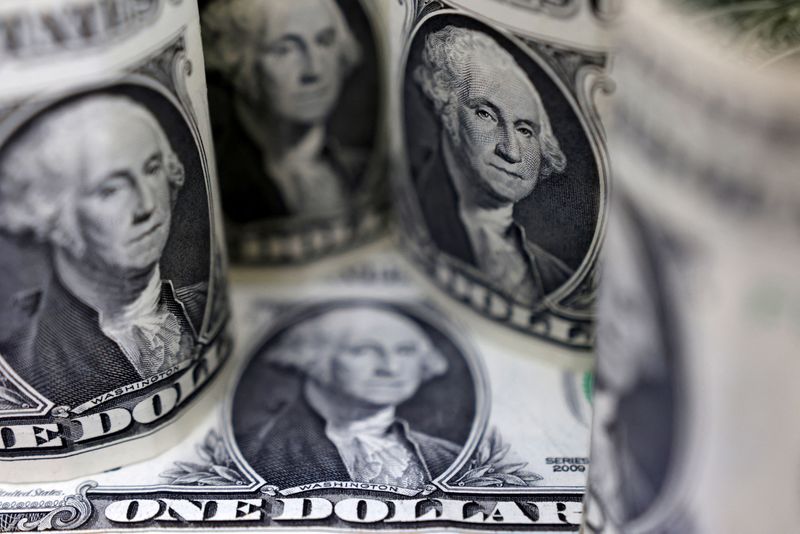The Dollar’s Surge Amidst Caution from UBS: What Lies Ahead?
In a significant observation, UBS analysts issued a warning regarding the U.S. dollar’s current valuation, deeming it "overstretched" following a considerable rise bolstered by recent remarks from President-elect Donald Trump. The dollar index (DXY) surged by approximately 0.5% to exceed the 106-point mark on Monday, a reaction attributed to Trump’s threats introducing potential 100% import tariffs on BRICS nations—including Brazil, Russia, India, China, and South Africa—unless they refrain from developing a joint currency or alternative means to trade without the dollar. This assertive stance hints at an intensified U.S. approach to safeguard its currency’s dominance amidst rising global economic tensions.
Trump’s pronouncement through social media that "the idea that the BRICS countries are trying to move away from the dollar while we stand by and watch is OVER" resonated widely, contributing to declines in currencies such as the Indian rupee and the South African rand. Analysts emphasize that despite the burgeoning attempts from BRICS states to reduce their reliance on the U.S. dollar for international trade, the dollar’s status as the preeminent currency seems unassailable for the foreseeable future. The dollar currently accounts for over 47% of global payments and plays a role in 88% of all trades, underscoring its pivotal position in financial markets.
The prevailing narrative suggests that while the dollar’s dominance may be contested by movements towards de-dollarization, UBS maintains that no credible threats exist to challenge its supremacy in the near term. Their report indicates that, despite intensified scrutiny and tensions surrounding the dollar’s role in global finance, the factors sustaining its dominance remain robust and unlikely to shift radically soon. This insight reflects a widespread acknowledgment within financial circles of the dollar’s entrenched position in the global economy.
In the wake of this surge and the coordinated global challenges the dollar faces, UBS recommends that investors act prudently during periods of dollar strength. The financial institution advises reducing exposure to the U.S. dollar even as the currency maintains its stronghold in international trade dynamics. This strategic guidance embodies a proactive approach to positioning portfolios in anticipation of potential financial fluctuations stemming from geopolitical tensions and currency valuation uncertainties.
Economically, the landscape is complex, blending geopolitical developments with market responses to currency fluctuations. Trump’s remarks signal a pronounced shift in U.S. policy that aims to reinforce dollar supremacy, fostering an environment where American currency remains the preeminent choice for global transactions. At the same time, the broader implications of these tactics may reverberate through various economies, particularly those tied closely to dollar-denominated trade practices.
As the situation evolves, the market is likely to observe government actions from both the U.S. and the BRICS nations as they navigate these challenges. The overarching sentiment among analysts suggests that while the U.S. dollar isn’t poised for imminent decline, the possibility of emerging alternatives in international trade dynamics raises questions for long-term forecasts. For investors and economic stakeholders, the call to reassess currency exposure could become a necessary strategy in a period marked by potential upheaval in established financial norms.






